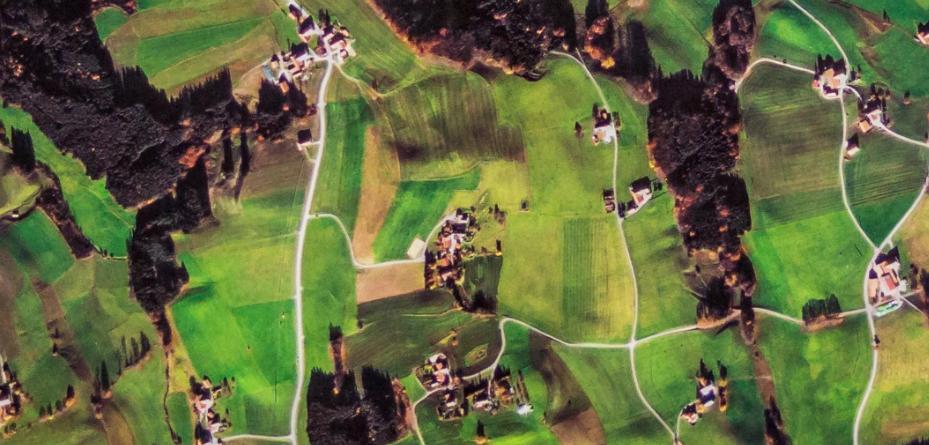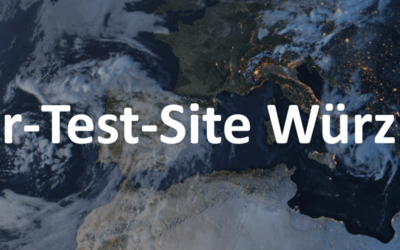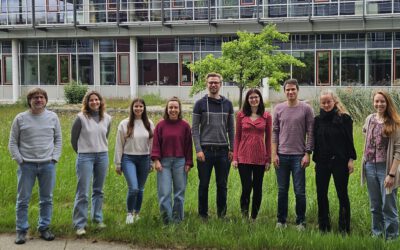This PhD project at the Department of Remote Sensing, Institute of Geography and Geology focuses on the further development of a light use efficiency model for monitoring of biomass and prediction of crop yields for wheat, maize and rapeseed. Innovation potentials include the utilization of data fusion techniques (MODIS, Landsat, Sentinel), the usage of phenological metrics, the derivation of water stress factors (e.g. soil moisture) and water modelling light use efficiency based on climate models. A strong interest in novel remote sensing techniques and working with various types of spatial and temporal data sets such as climate models in an interdisciplinary environment is expected.
The PhD project is part of the work package “Mapping of land use and ecosystem services using remote sensing” within the research project “Effects of climate change on biodiversity and ecosystem services in semi-natural, agricultural and urban landscapes and strategies for management of climate change“ (Landklif). Study area will be Bavaria.
Requirements:
The successful candidate should have a strong expertise in remote sensing, environmental modelling, and handling of different sources of data. A sound knowledge in remote sensing, geographic information systems (GIS) and programming (e.g., Python, R) is required. Applicants must hold a Master degree, and should be able to work independently. Organizational skills, high motivation and the willingness to work as part of a team within an interdisciplinary project are essential.
Experience in working with advanced spatial data analysis and mining methods (DL, ML) and working in an interdisciplinary environment is an advantage. The ability to collaborate with a range of partners as well as good English language knowledge, communication skills, and the capability to write scientific articles are expected.
Applications and working environment:
We offer state-of-the-art methodology and a stimulating research environment within an interdisciplinary, collaborative team. The position is limited to 3 years. Planned starting date is November 1-15th 2018.
The University of Wuerzburg is an equal opportunity employer, determined to increase the proportion of women in successful scientific careers, and particularly encourages women to apply. Preference will be given to disabled applicants with the same qualifications.
Please send your application as a single pdf file per email to l-geofernerkundung@uni-wuerzburg.de latest until September 17th 2018. Interviews of invited candidates will be held in the week from September 24th to 27th 2018.








